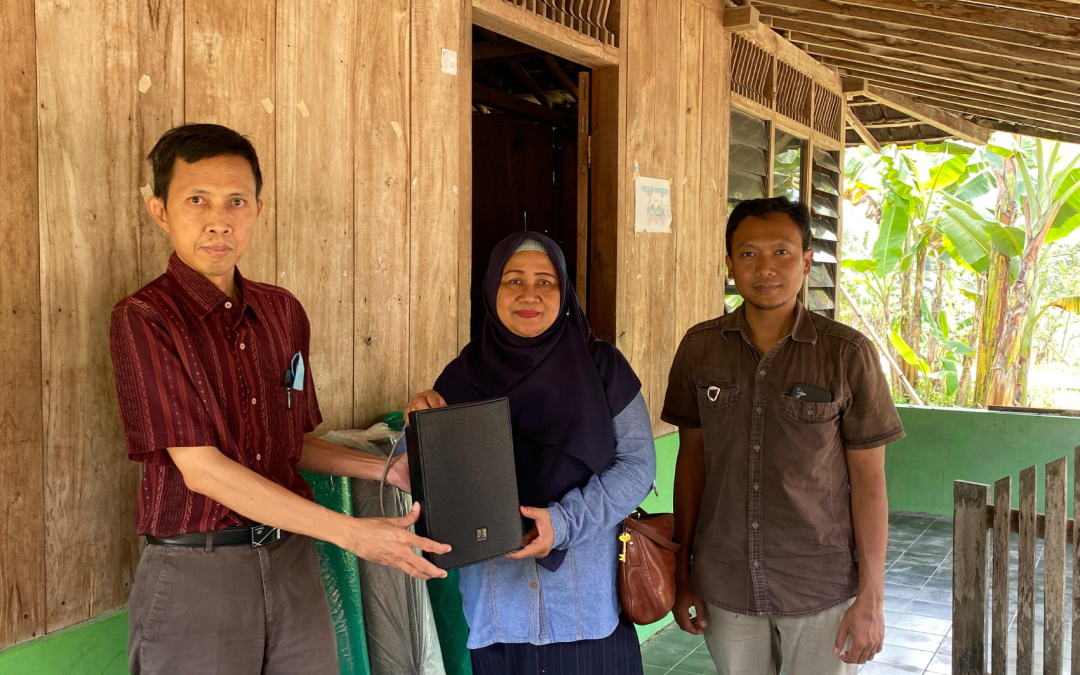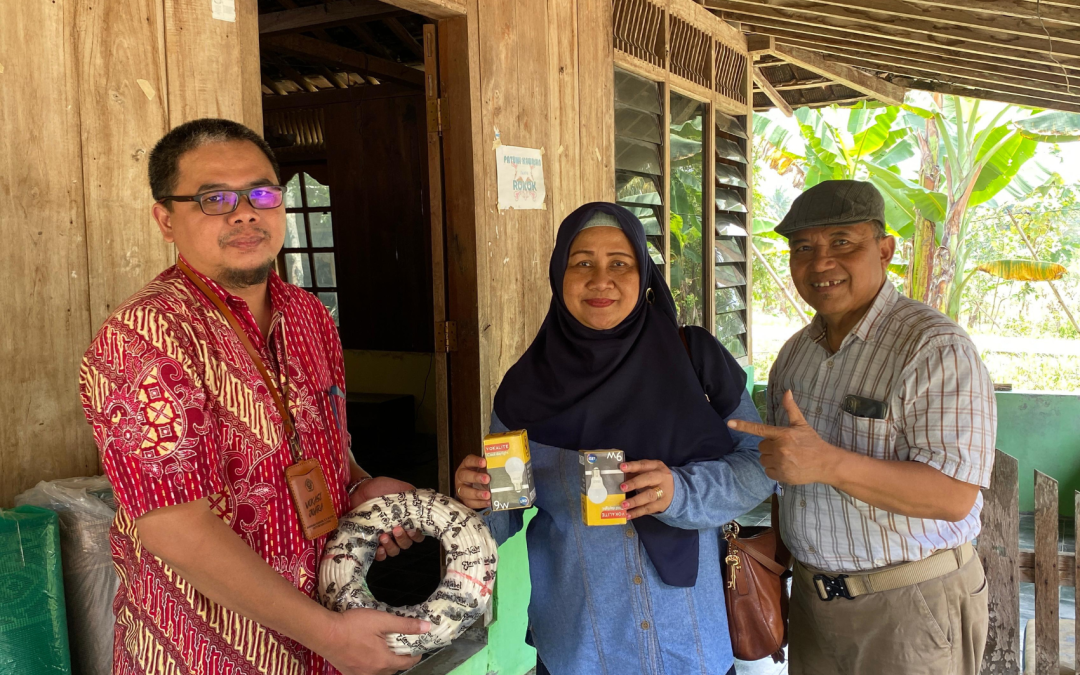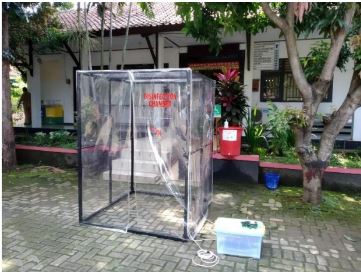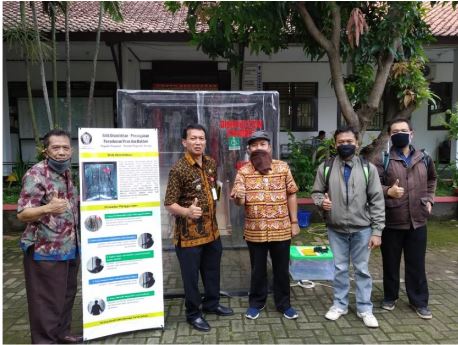
Industrial Electrical Engineering Lecturers from Vocational School Donate Sound System for Mosque in Kandangan Hamlet, Rembes Village, Bringin, Semarang, Central Java
Mar 13, 2024
In the spirit of inspiring community service, lecturers from the Industrial Electrical Engineering Department of the Vocational School have made a meaningful contribution to the community in Rembes Village, Bringin, Semarang, Central Java. This time, they have donated a sound system for the mosque in Kandangan Hamlet. The mosque in Kandangan Hamlet, which serves as a center for religious and social activities for the village residents, now has better facilities for delivering religious messages and community events. The sound system provided by the lecturers of the Vocational School not only enhances the acoustics in the mosque but also makes it easier for worshippers to listen to sermons and other activities clearly and comfortably. The presence of this sound system is a blessing for the residents of Rembes Village, especially in Kandangan Hamlet, who may have previously struggled to hear sermons or announcements in the mosque. The lecturers from the Industrial Electrical Engineering Department of the Vocational School demonstrate not only their technical expertise but also their concern for the welfare of the community. The residents of Rembes Village, especially the mosque committee and worshippers, warmly welcome this donation with sincere gratitude. They express deep thanks to the lecturers and the Vocational School for the assistance provided. This sound system will not only enhance their religious experience in the mosque but also strengthen social ties among the residents of Rembes Village. It is hoped that the spirit of community service demonstrated by the lecturers of the Vocational School will inspire other positive actions and provide broader benefits to the community. The presence of the sound system in the mosque of Kandangan Hamlet serves as a concrete example of how higher education can play a role in delivering positive impact to the local community.






Recent Comments